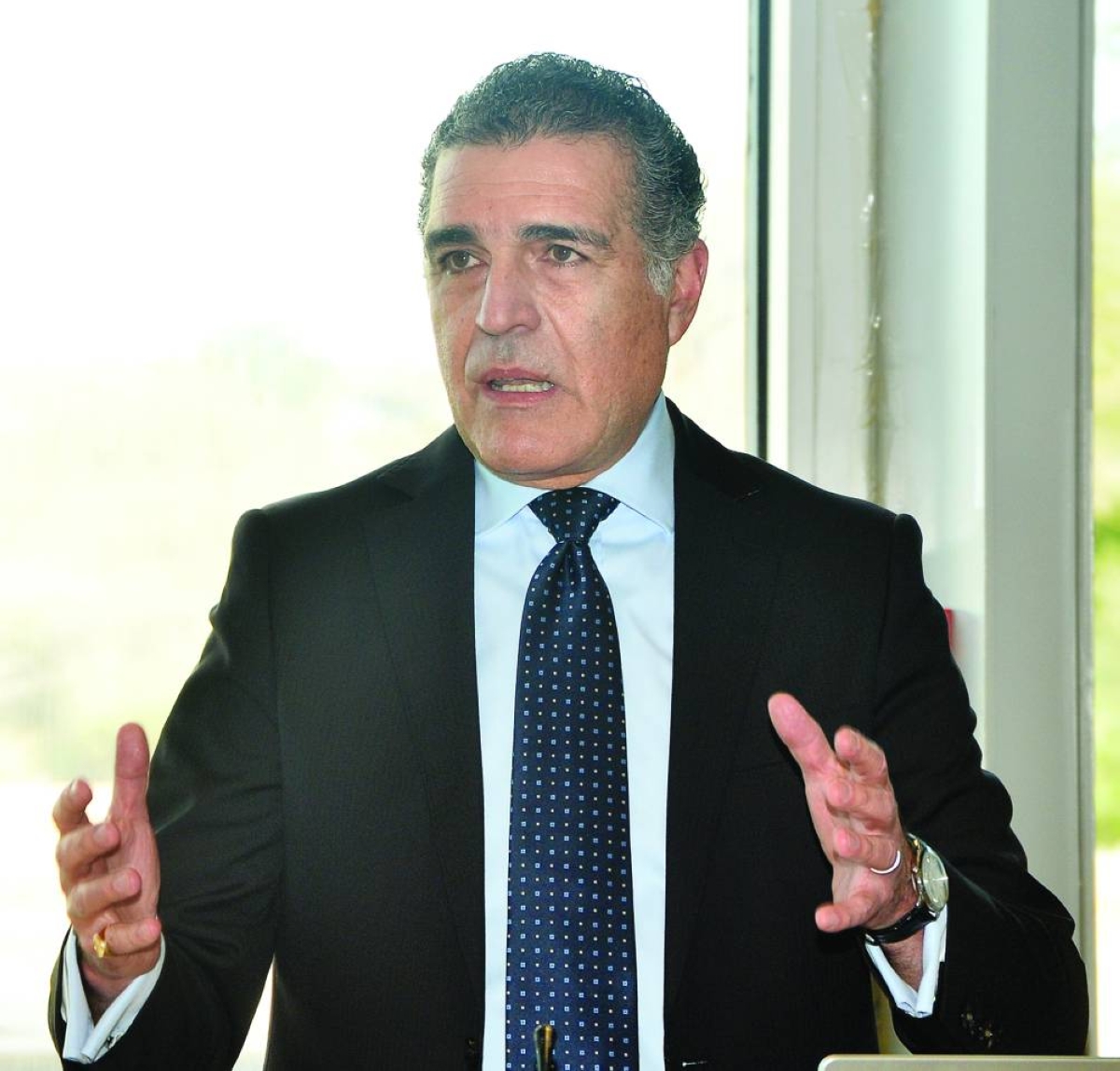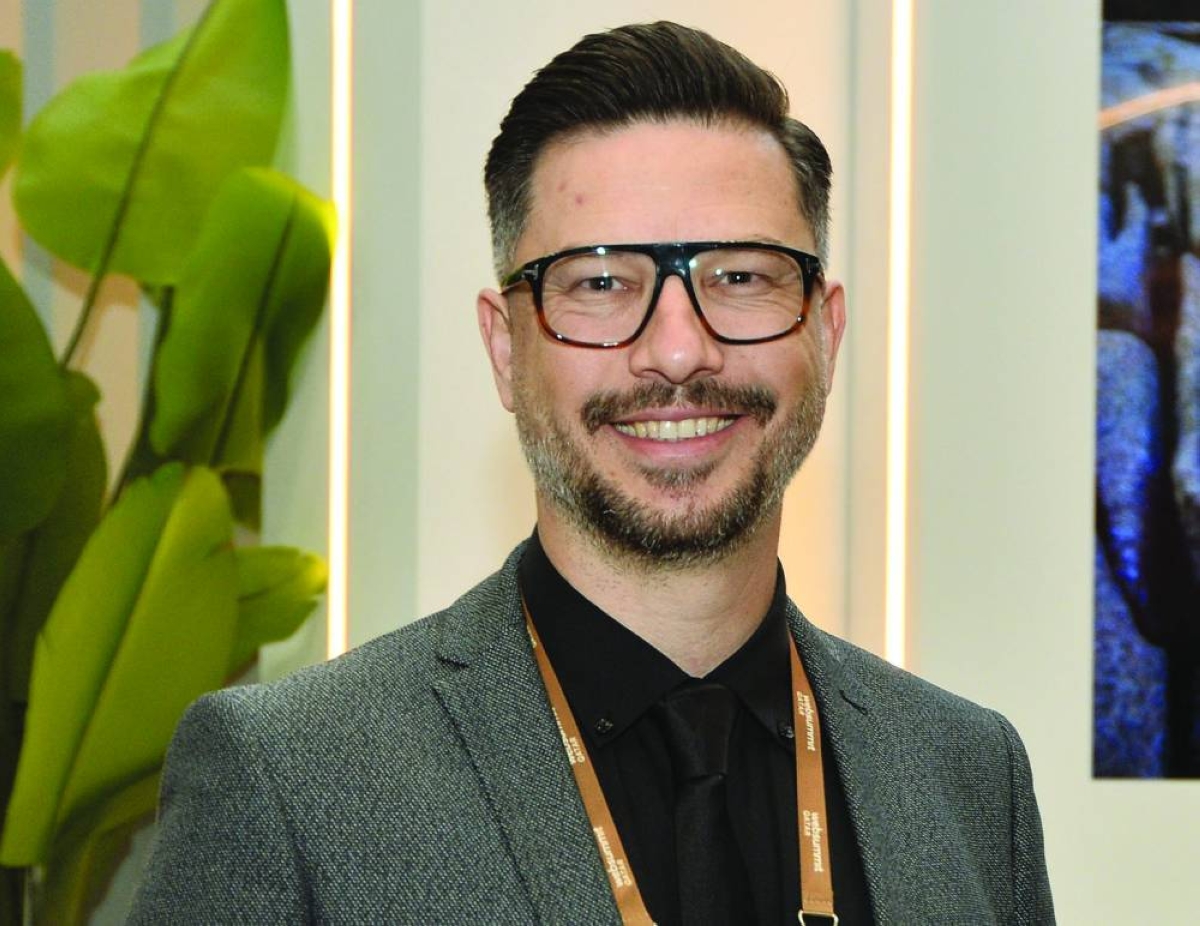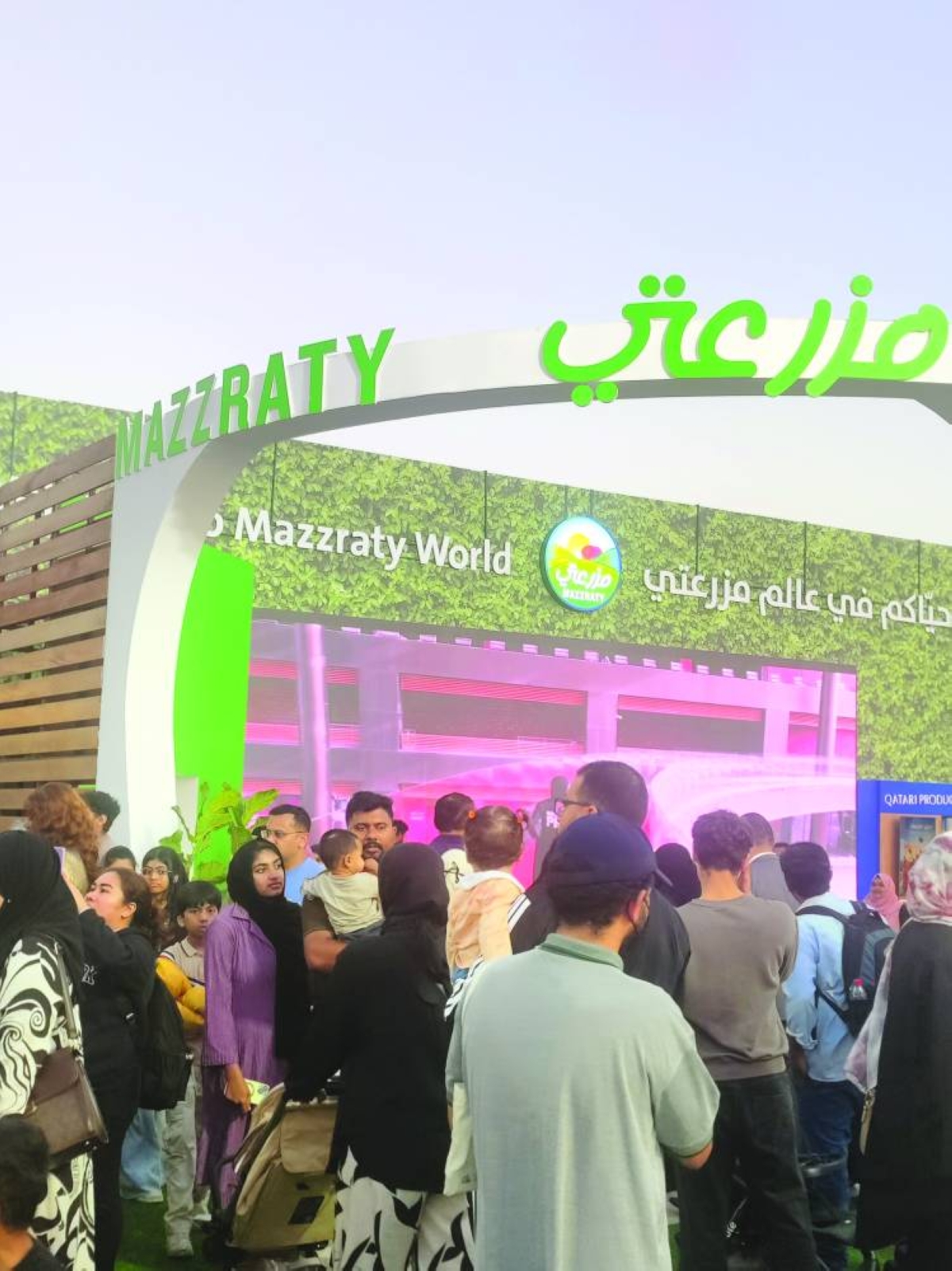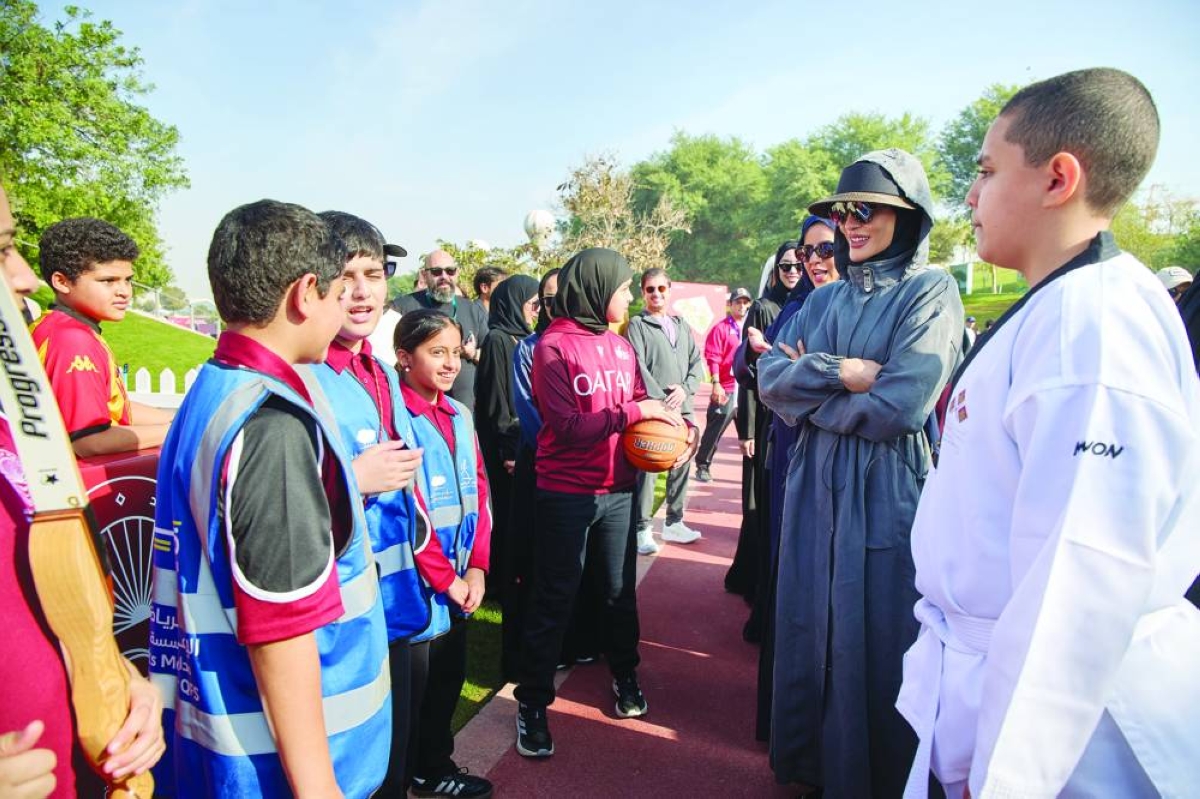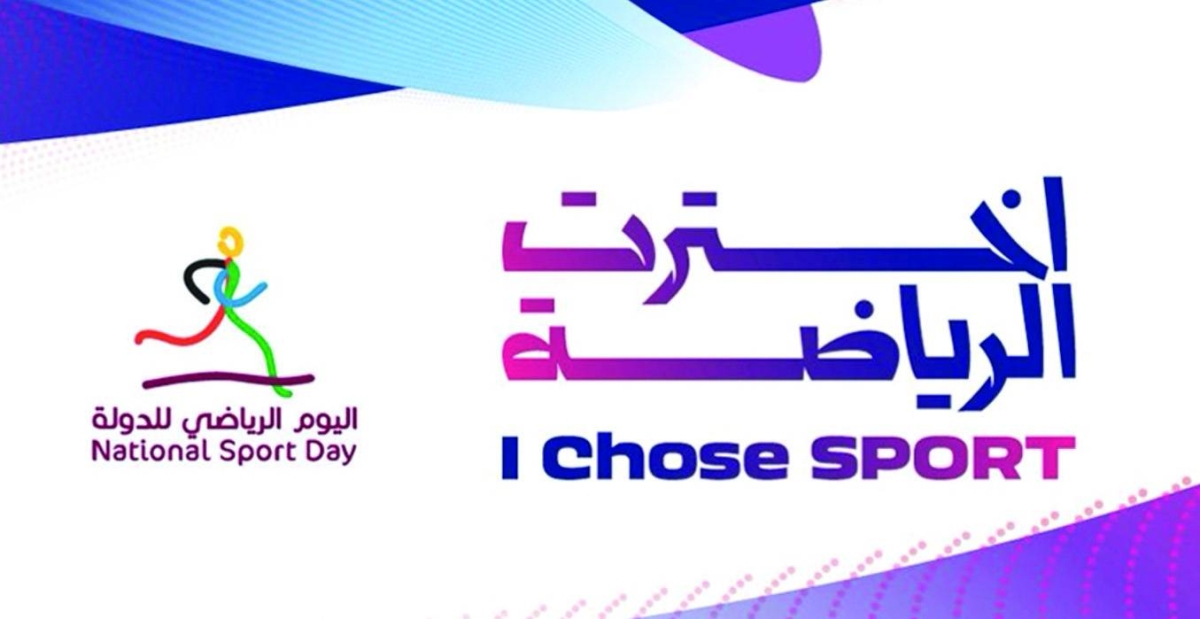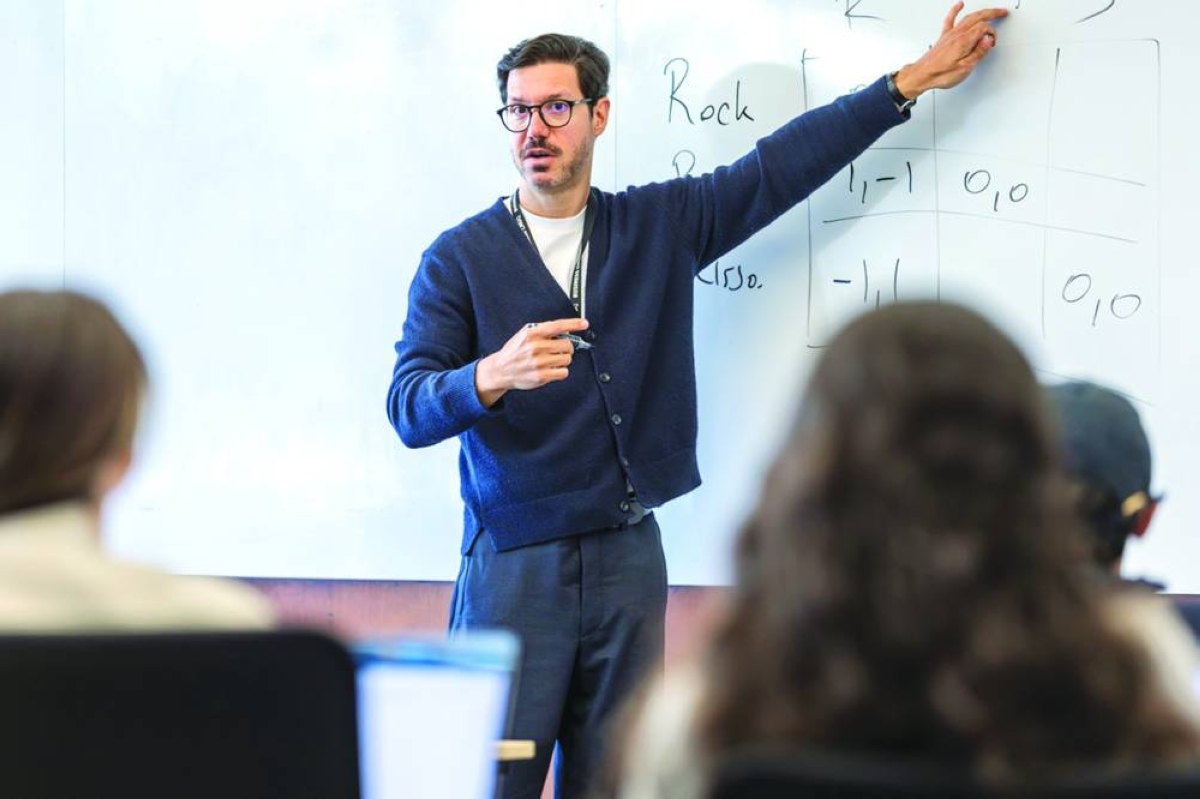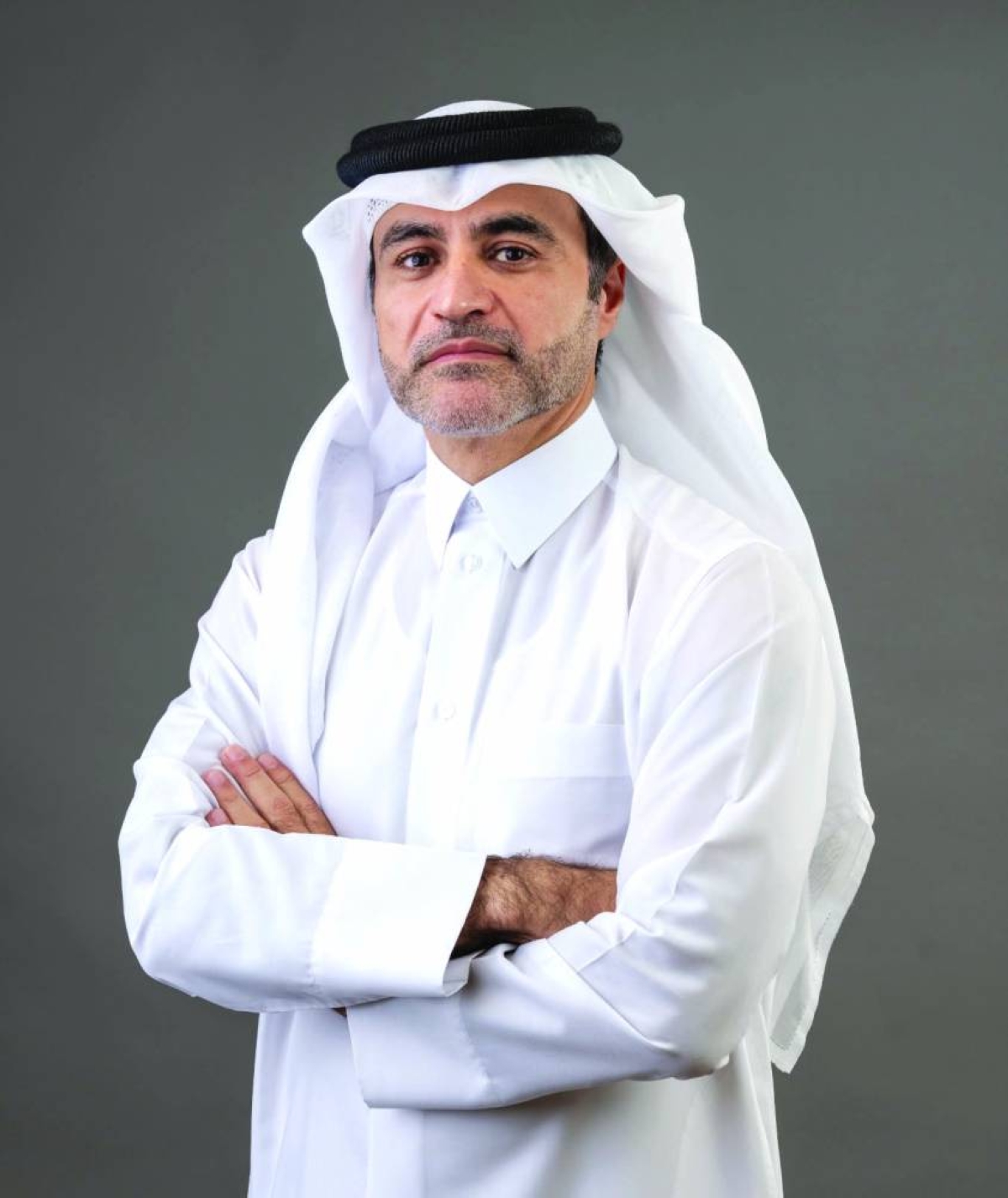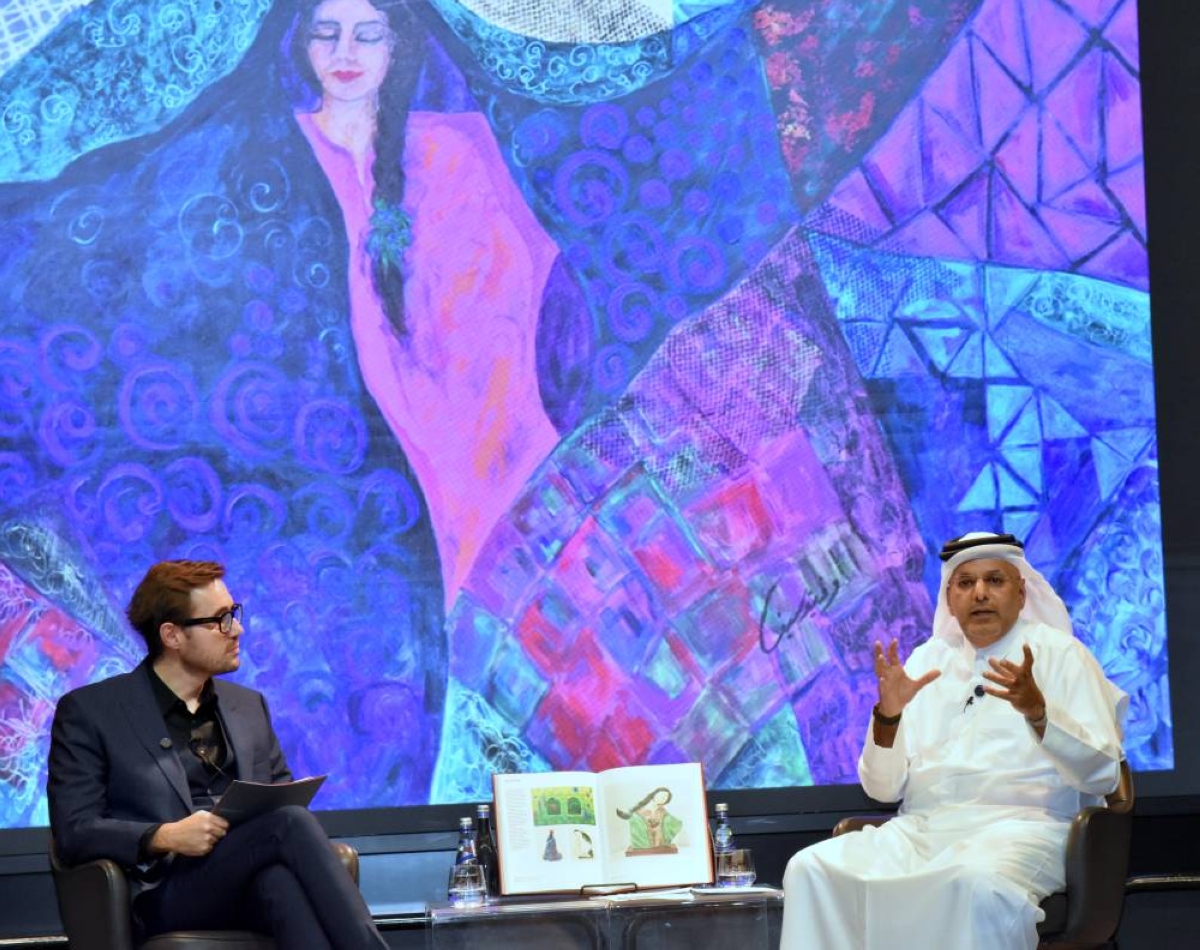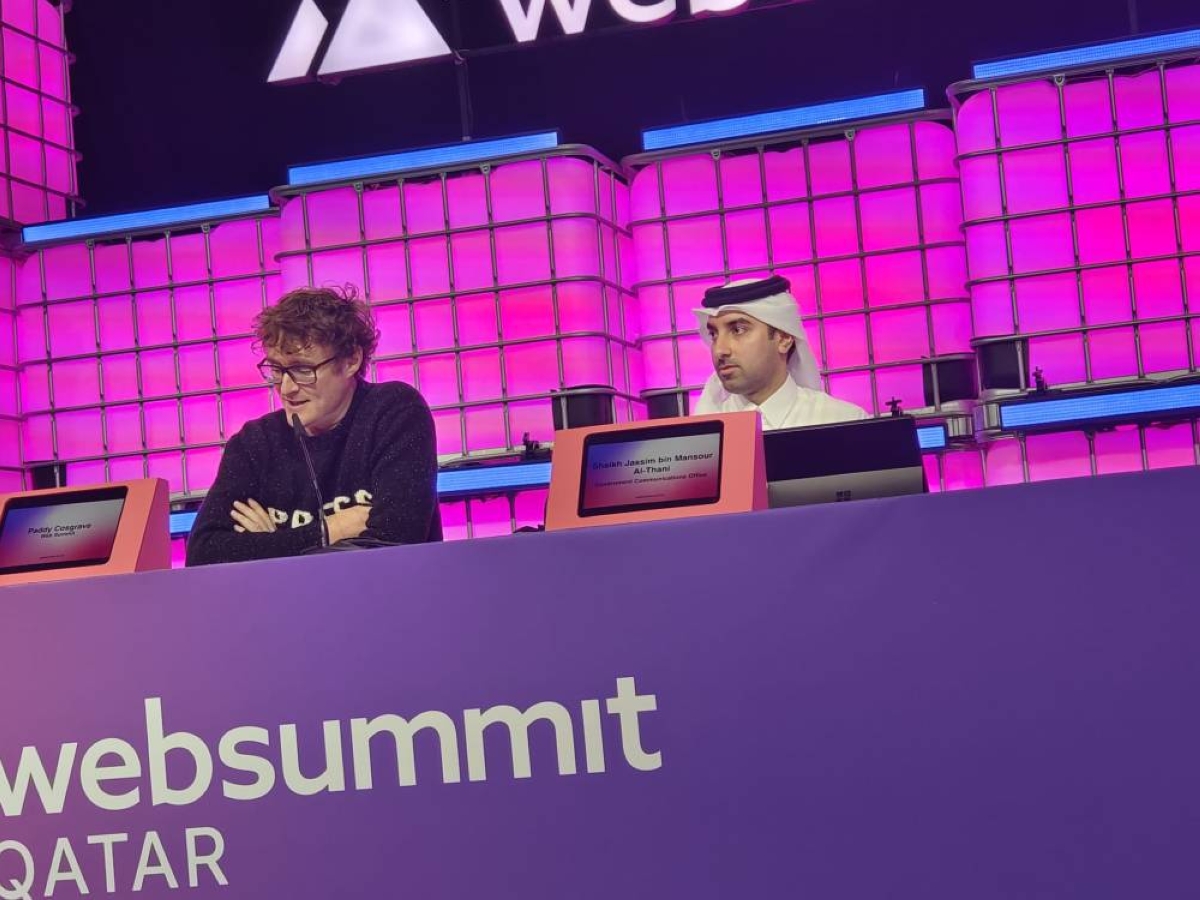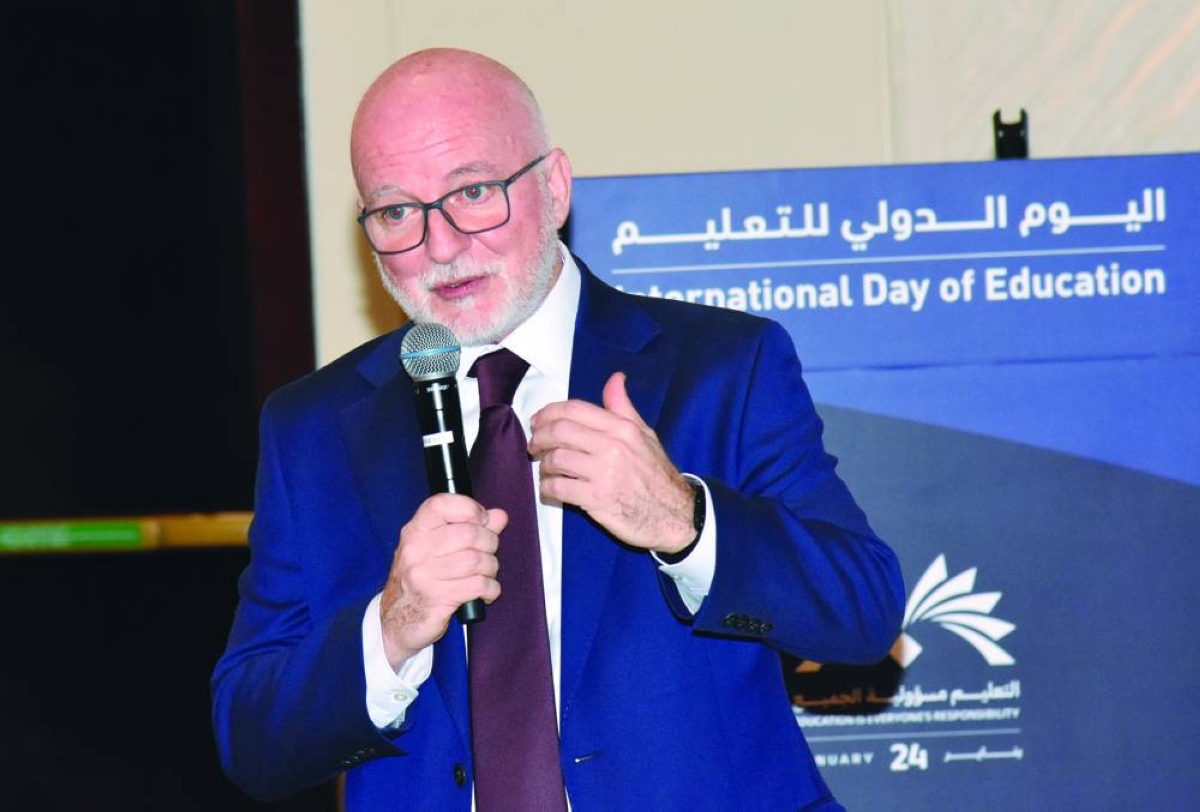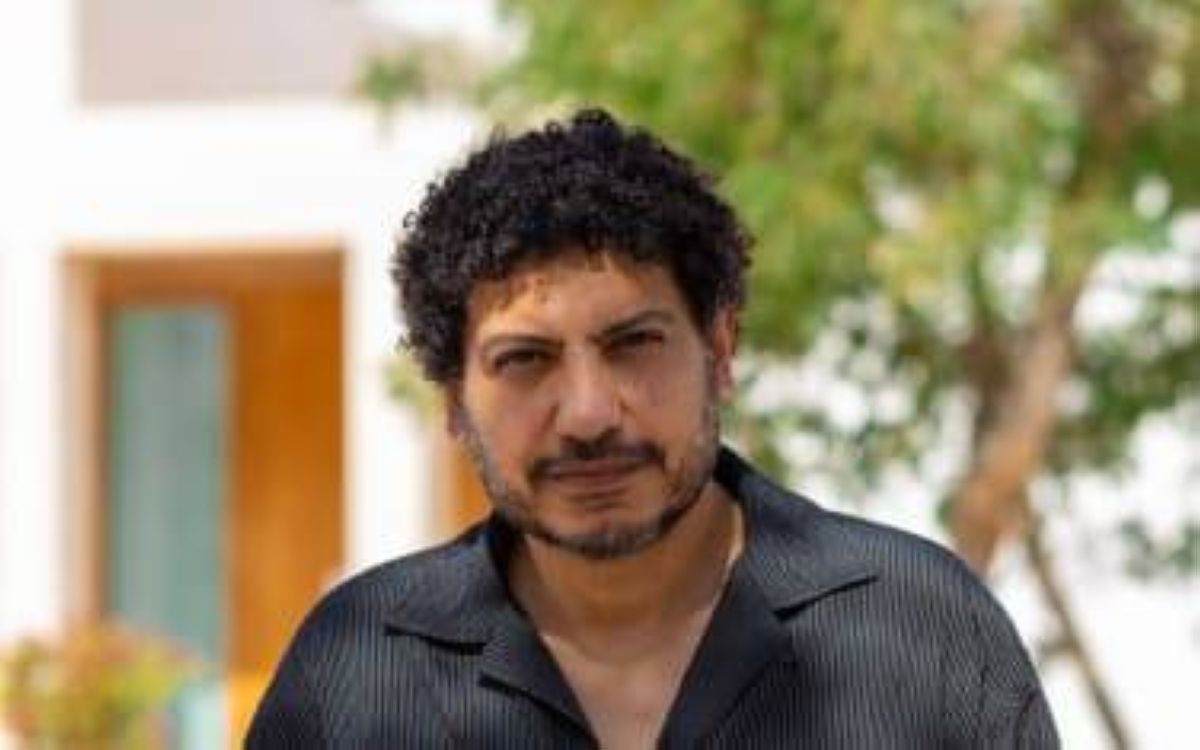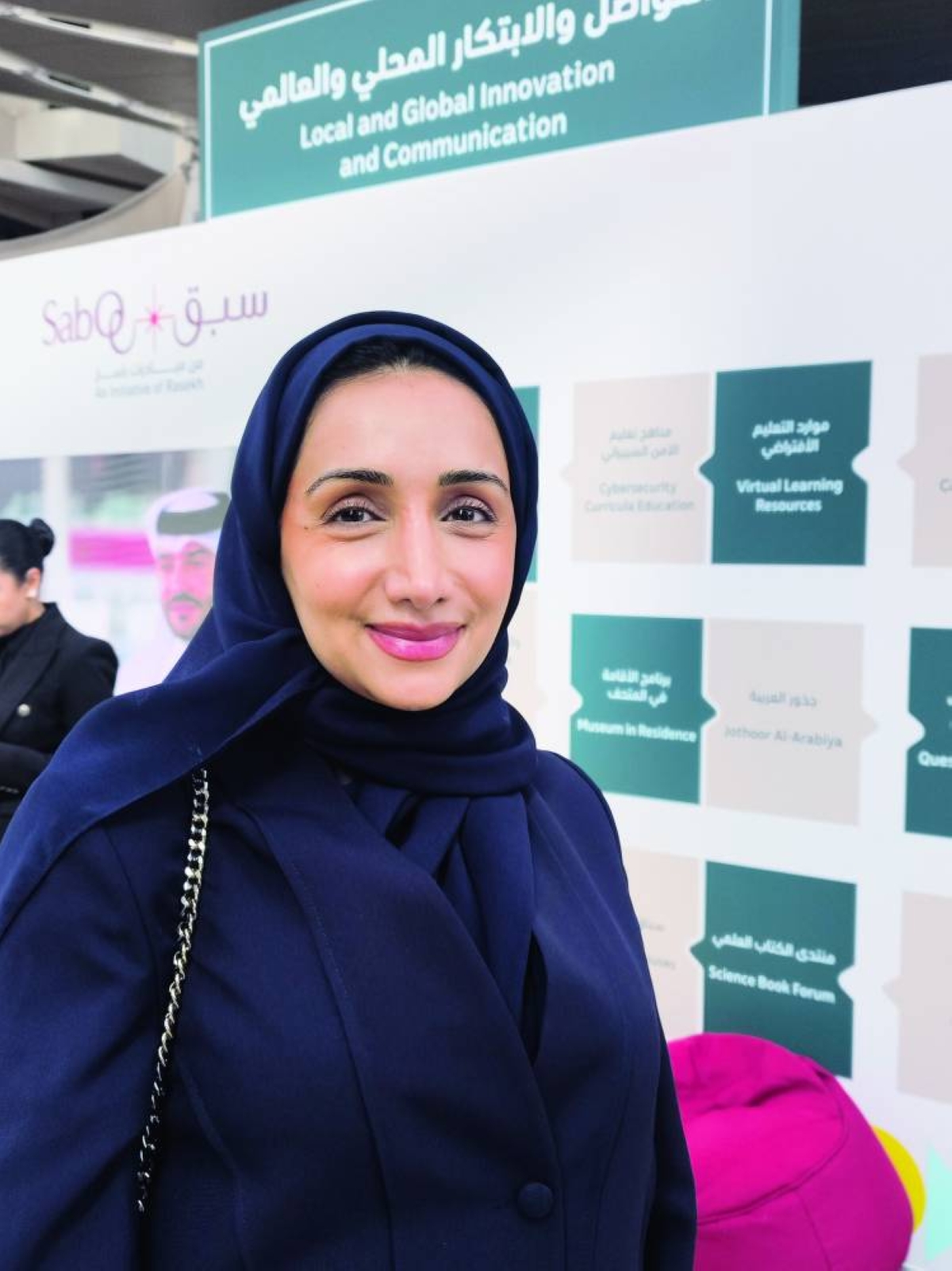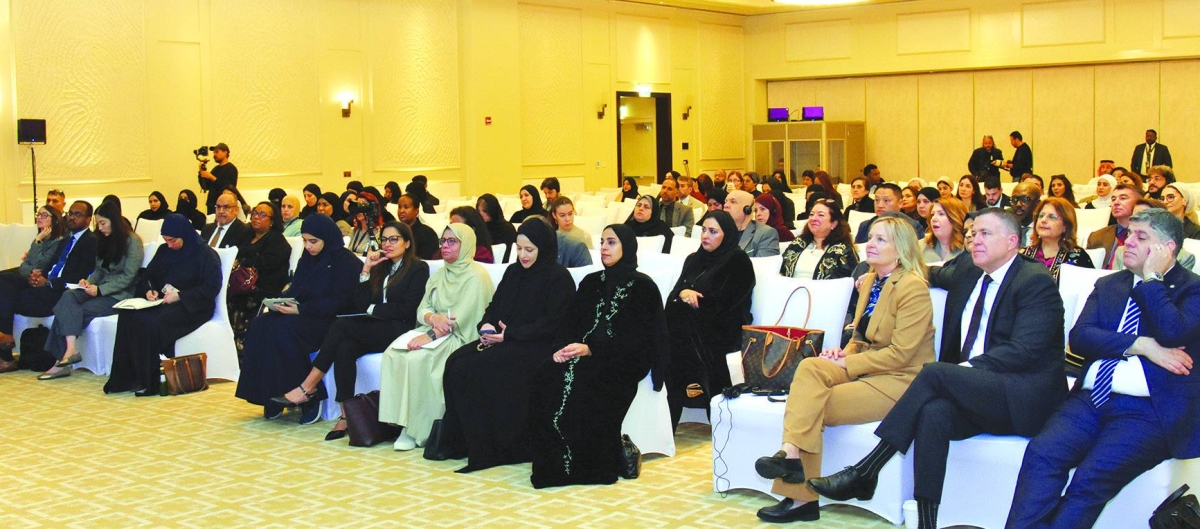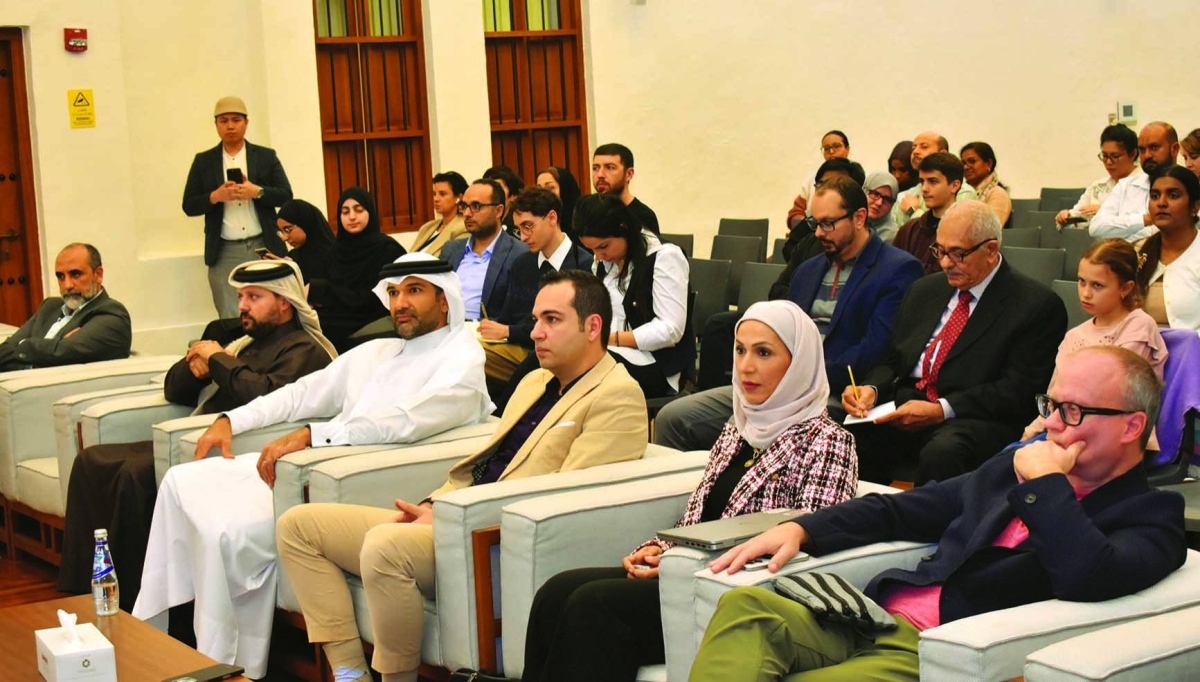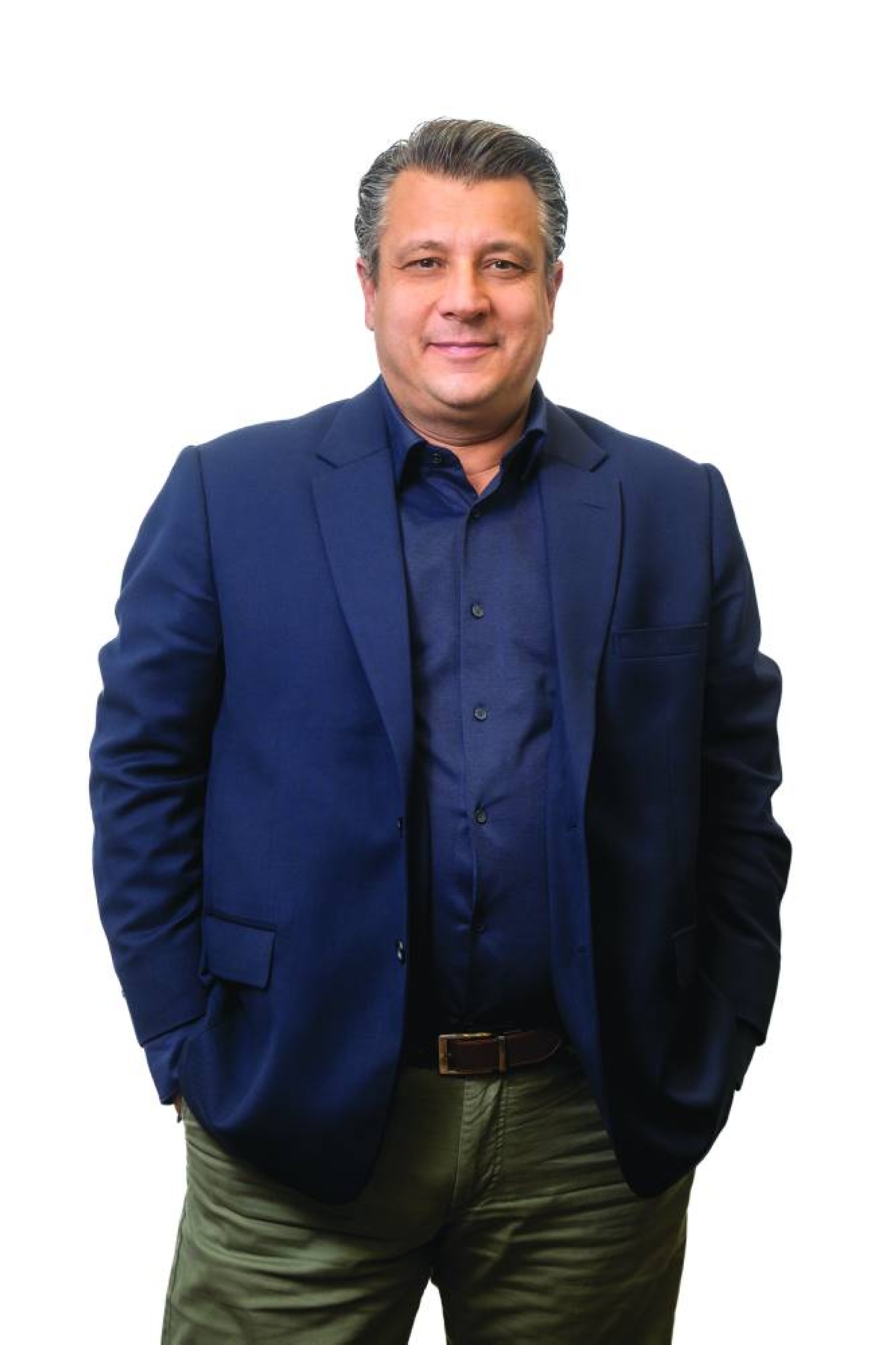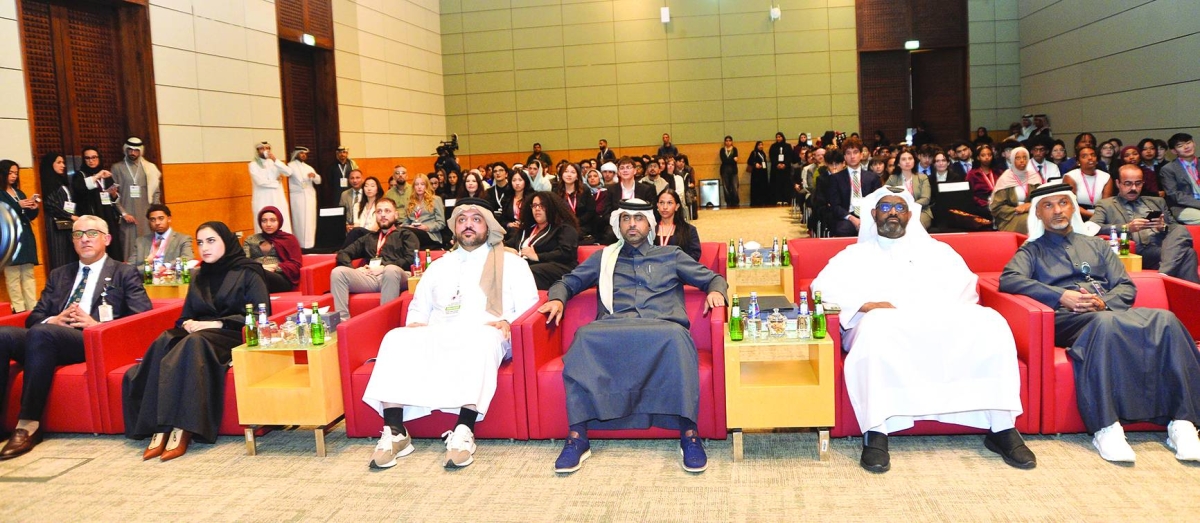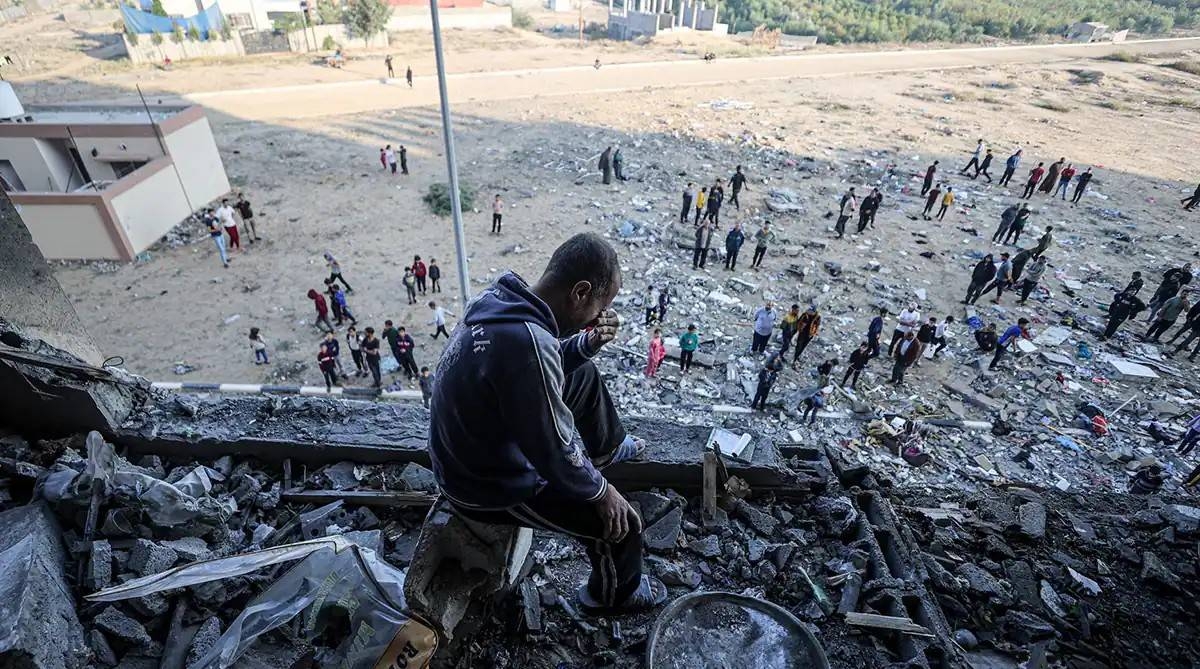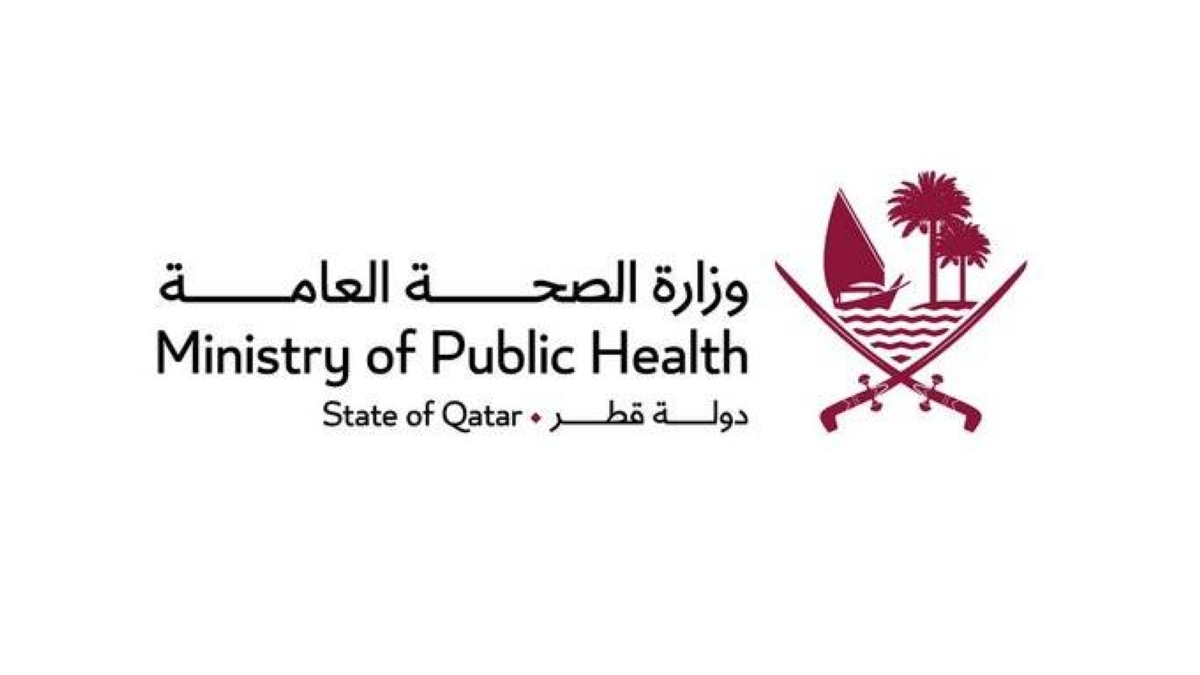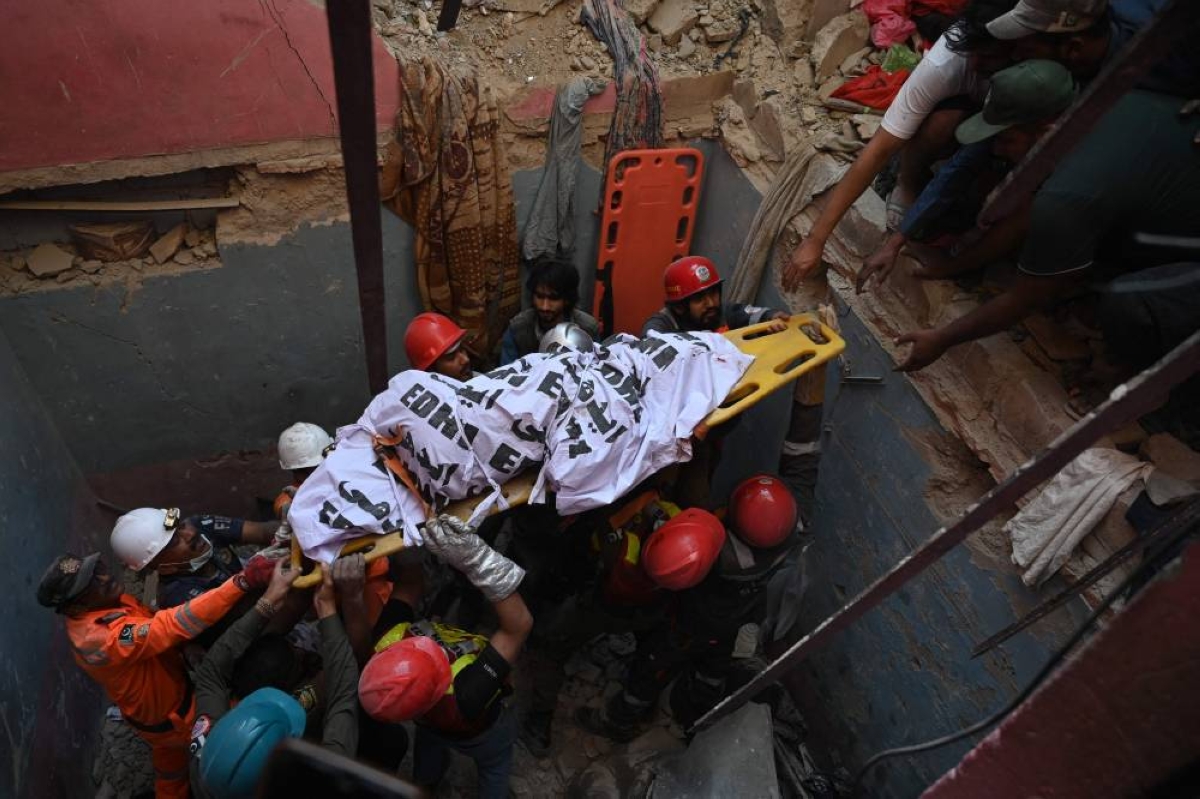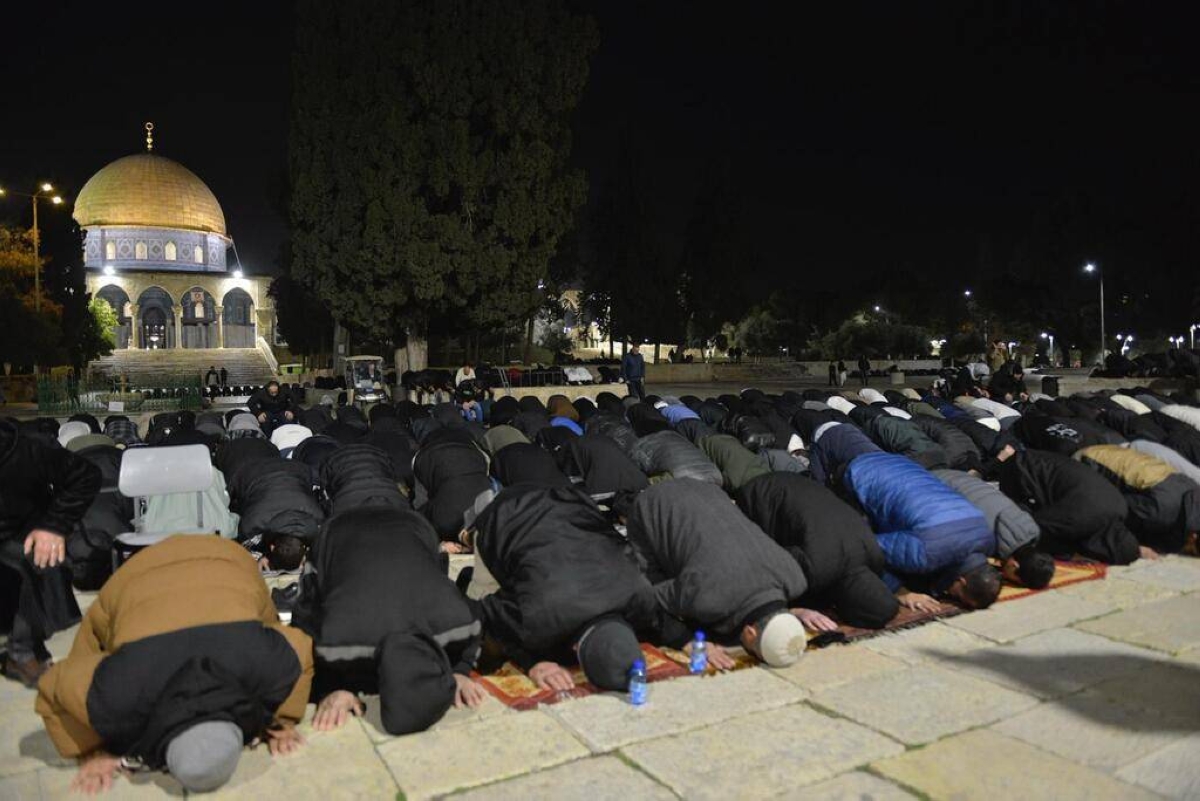The Earthna Centre for Sustainable Future (Earthna), a member of Qatar Foundation (QF), has come out with a publication aiming to restore respect for nature and ethical values. Semiotics of Nature: Recharging Nature with Meaning for Environmental Ethics and Action by Dr Recep Senturk, the dean of the Hamad Bin Khalifa University (HBKU)’s College of Islamic Studies, was launched during a ceremony Monday at the ThinkBay auditorium of the QF’s Education City. “What we are trying to do is to reintroduce an approach to sustainability based on ethics, values and religion,” said Earthna executive director Dr Gonzalo Castro de la Mata. “Most modern attempts to support sustainability are based on cost-benefit analysis and views based on pure economics.” The book launch was attended by officials from Earthna, the HBKU and other organisations. “We believe that it is important to restore the respect for nature, which is again based on values, ethics and religion,” said Dr de la Mata. “That is why we are launching this book.” “We have been working on this book for almost two years,” he continued. “We actually had a workshop with Islamic scholars from all over the world who were able to provide some inputs to the book.” According to Dr Senturk, there are many people who talk about sustainability and environmental ethics but are not very effective in the true spirit. “To make environmentalism and environmental ethics more effective, we need to mobilise religion and traditional values to motivate people to respect nature,” he said. “So this inner transformation requires mobilising religion, spirituality and values.” Dr Senturk pointed out that the world existed for millions of years and there was no environmental problem until the 20th century. “The environmental issues started because of the rise of materialist ideology or the capitalist ideology, which sees nature only as a source of raw materials and tries to exploit it without any limits, without any constraints or without any moral values,” he stated. The official said that the world has to go back to the primordial, original values of all traditions, religions and philosophies and implement them. “I believe that the ethical, religious and spiritual approach to environment and nature will be far more effective compared to materialist approaches,” he said. Dr Senturk was quick to note that the semiotics of nature is based on a multiplex, multi-layered perspective. “I am not rejecting the scientific or technological approach, but I want scientific study, technological production, and consumption to be guided by ethical values,” he clarified. “So, there should be a hierarchy,” Dr Senturk emphasised. “Ethical values should be at the top, not economic interest and maximisation of profit.” A panel discussion was also staged to highlight the ethical practices and considerations needed in the current era. Aside from Dr Senturk, the other panelists were the HBKU Research Centre for Islamic Legislation and Ethics’s associate professor of Methodology and Ethics Dr Mutaz al-Khatib, and Dr Osman Umarji, the director of Global Data Studies at the Yaqeen Institute for Islamic Research and senior consultant to the QF.

Joseph Varghese
A journalist with a penchant for reporting events, Joseph Varghese digs deep to unearth facts. With several years of experience, including at Gulf Times, Joseph handles health, science and technology, IT and education in addition to everyday developments.
Most Read Stories
3

